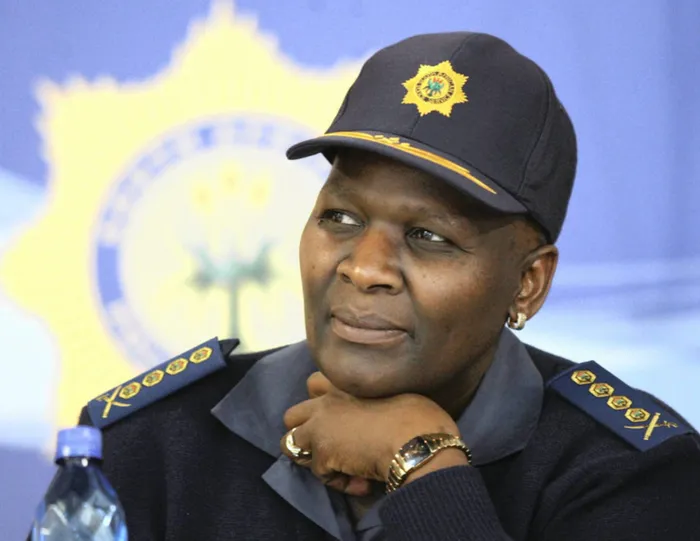Training of cops 'is lacking'

National police commissioner General Riah Phiyega says that crowd control training had "not been a priority" after 1994 as the country had become "pretty stable". National police commissioner General Riah Phiyega says that crowd control training had "not been a priority" after 1994 as the country had become "pretty stable".
The police management admitted yesterday that training of officers to deal with crowds – or so-called public order policing – had been neglected in recent years and particularly since SA hosted the 2010 soccer World Cup.
During a briefing to Parliament’s police committee yesterday, the police top brass – including national police commissioner General Riah Phiyega – explained that crowd control training had “not been a priority” after 1994 as the country had become “pretty stable”.
“It is only in the wake of the new protests that crowd management training is once more coming to the fore,” briefing documents revealed.
The top officers had been called to brief the committee on the role of crime intelligence in the police as well as the extent of specialist training over the past couple of years.
Events in Marikana, where 34 striking miners were gunned down on August 16, have raised serious questions about the police’s preparedness in dealing with crowds when confronted with such volatile situations.
Jonny Steinberg, a research associate at Oxford University’s Centre for Criminology and a specialist in SA policing policy, has pointed to a lack of training and a sharp decline in specialist expertise within the police under former commissioner Jackie Selebi as a probable explanation for the Mari-kana massacre.
Speaking to the Daily Maverick’s Mandy de Waal this week, Steinberg noted that under Selebi, 278 specialist police units had been closed down.
“Marikana is about public order policing. It has to do with a very specialist function and what has happened to that [function]… If there had been proper public order policing [at Marikana] there would have been all sorts of alternatives to try before resorting to live ammunition,” Steinberg was quoted as saying.
Yesterday’s briefing documents appeared to confirm Steinberg’s claims. One stated that “post-1994 euphoria led to the erosion of crowd management [skills] as there were no unrests anymore”. And although such training was stepped up before the World Cup, police figures indicate a sharp decline in crowd management training immediately after the event.
For instance, between 2008 and 2010, 7 693 officers attended one of the four primary crowd control training courses. But in 2011, just 922 officers attended, with the figure declining to 322 officers expected to attend in the 2012/2013 financial year.